Finding the perfect canine companion can be a delightful journey, but for many, the prospect of constant dog hair around the house is a significant deterrent. If you’re dreaming of a pint-sized pal who offers plenty of love without the shedding, you’re in luck! This guide explores a variety of small dogs that don’t shed a lot, ranging from those that shed minimally to breeds that are virtually hairless. Discovering these breeds can help you make an informed decision about which furry friend is the ideal match for your lifestyle and living space.
Understanding Shedding and Hypoallergenic Qualities
While no dog is truly 100% hypoallergenic or completely non-shedding, some breeds are significantly better for allergy sufferers and for those who want to minimize cleanup. These breeds often have hair that grows continuously, similar to human hair, rather than fur that sheds seasonally or year-round. This hair requires regular grooming to prevent matting and keep the dog’s coat healthy. For owners prepared for this grooming commitment, the reward is a much cleaner home and a companion with minimal dander, a common allergen. Exploring small dogs that don’t shed much can lead you to breeds known for their low-shedding coats.
Featured Small Dog Breeds with Minimal Shedding
Many small dog breeds are celebrated for their low-shedding coats, making them popular choices for families and individuals alike. Here’s a look at some of the top contenders:
Affenpinscher
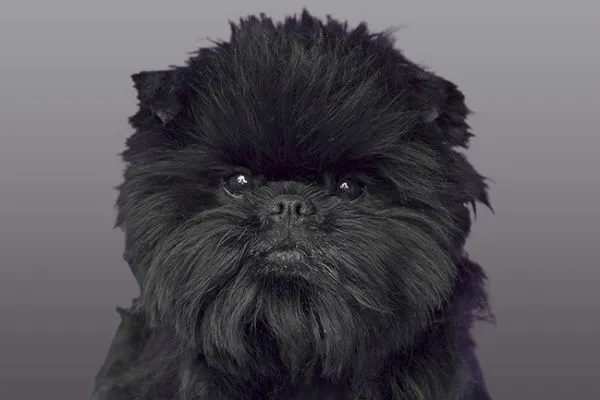 affenpinscher
affenpinscher
The Affenpinscher, meaning “monkey-like terrier,” lives up to its name with its intelligent and spirited personality. These fearless little dogs are excellent watchdogs, alerting you to any unexpected visitors. Their wiry coats shed very minimally and tend to have little to no doggy odor. A twice-weekly brushing with a slicker brush and comb is typically sufficient to maintain their charmingly shaggy appearance. Their low-maintenance grooming needs, combined with their humorous disposition, make them a delightful addition to many homes. If you’re considering this breed, researching small dogs that don’t shed and are small can lead you to this captivating breed.
Basenji
The Basenji offers the appeal of a hound without the typical strong odor and heavy shedding associated with many breeds. These dogs boast a short, fine coat that requires only occasional brushing. Basenjis are also renowned for their quiet nature, making them well-suited for apartment living, provided they receive ample daily exercise and playtime. Their minimal shedding and clean habits make them a great option for those seeking low-maintenance companions.
Bichon Frise
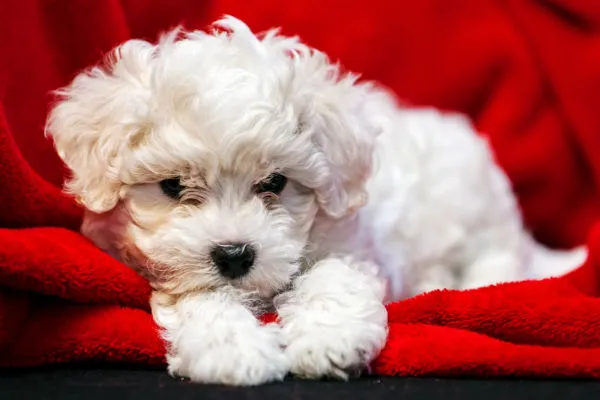 bichon frise
bichon frise
The Bichon Frise is a quintessential example of a small, non-shedding dog breed. Their playful and affectionate nature makes them ideal companions, and they are often recommended for individuals with allergies. However, their continuously growing hair requires diligent grooming, including frequent brushing and occasional baths, to maintain their signature “powder-puff” look. For those seeking a hypoallergenic companion, exploring small dog breeds that don’t shed and stay small will undoubtedly bring you to the Bichon Frise.
Bolognese
Similar to the Bichon Frise, the Bolognese possesses a distinctive, fluffy coat made of hair rather than fur. These dogs are non-shedding, but their coat does require regular brushing to remove dead hair and prevent matting. Daily grooming is essential to keep these lovable lap dogs looking their finest.
Brussels Griffon
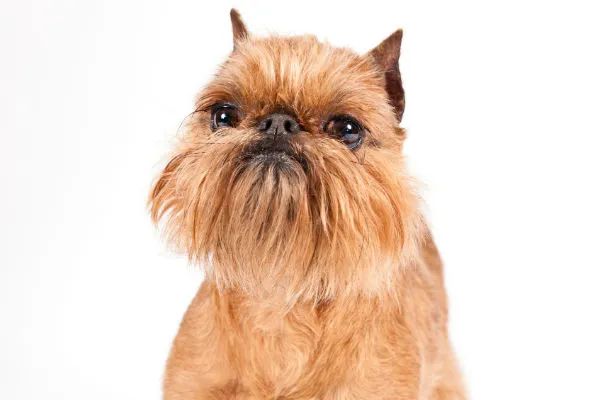 brussells griffon
brussells griffon
The Brussels Griffon, despite its diminutive size, is a robust and engaging companion. Available in both smooth-coated and rough-coated varieties, they thrive with regular grooming and exhibit minimal shedding. Their exercise needs are easily met with a daily walk and indoor play sessions. This loyal breed flourishes in environments where their families are frequently present.
Chinese Crested
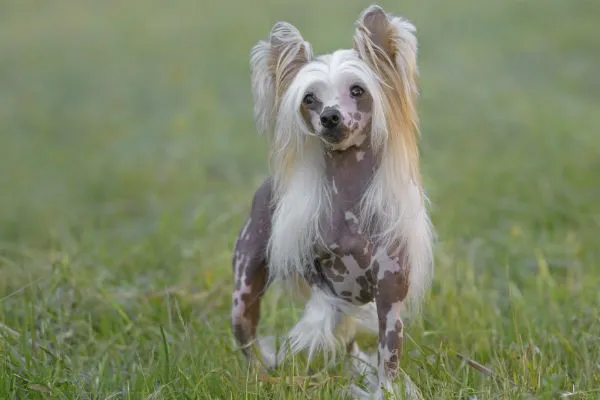 chinese crested
chinese crested
One of the most effective ways to avoid shedding is to opt for a hairless breed. The Chinese Crested comes in two types: hairless and powderpuff. The hairless variety has hair only on its head, tail, and feet, while the powderpuff is covered in fine hair that sheds very little. Hairless Chinese Crested dogs require special attention to their skin, needing protection from the sun and cold, and are more susceptible to skin irritations.
Coton De Tulear
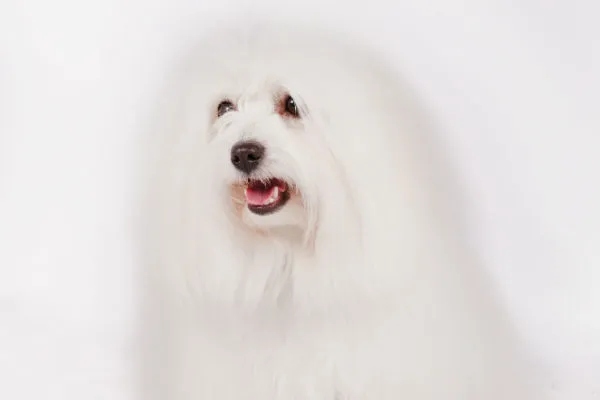 coton de tulear
coton de tulear
The Coton de Tulear is recognized for its distinctive, long, fluffy coat, often considered hypoallergenic. This makes them an excellent choice for allergy sufferers and those looking for a small dog that sheds minimally. While they require daily grooming to maintain their beautiful coats, their cheerful and gentle demeanor makes the grooming effort highly rewarding.
Havanese
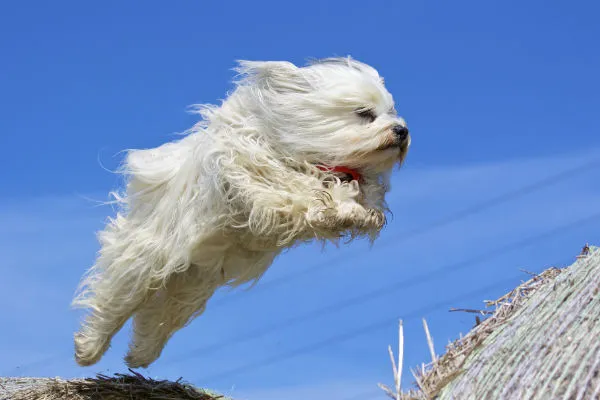 havanese
havanese
These charming Cuban natives bring a spunky personality and a non-shedding coat to their owners. This means less time spent lint-rolling your furniture and more time enjoying playful romps with your Havanese. Their coat requires weekly brushing and regular baths to keep them clean and healthy, ensuring they remain your well-groomed companions.
Maltese
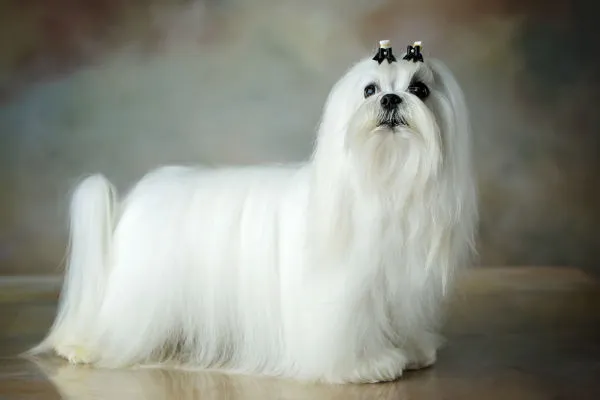 maltese
maltese
The Maltese has captivated hearts for millennia with its enchanting demeanor and stunning long, white coat. This ancient breed sheds very little, cementing its status as an ideal lap dog. Regular brushing is crucial to prevent mats from forming, and occasional baths help keep their silky hair clean and free of dirt and debris. Their minimal shedding makes them a delightful choice for those who appreciate elegance and companionship.
Lhasa Apso
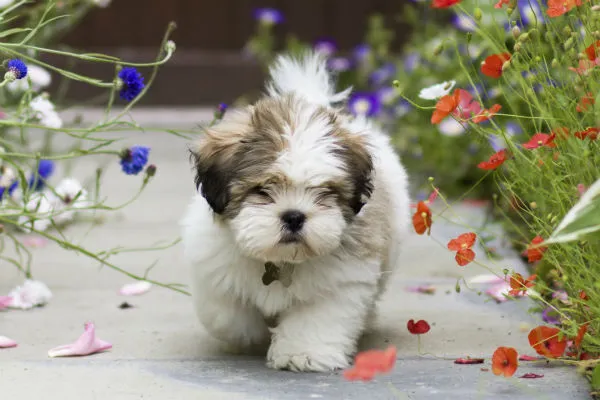 lhasa apso
lhasa apso
Originating from Tibet, the Lhasa Apso makes for an exceptional companion. This breed is known for being calm yet playful, enjoying brisk walks and relaxing moments on their owner’s lap. Lhasa Apsos do not shed, but their coats do require consistent maintenance. Many owners opt for a shorter “puppy cut” to simplify daily grooming routines for their long hair.
Miniature Schnauzer
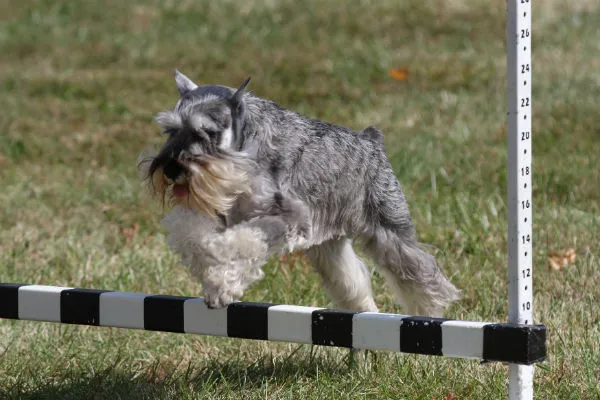 miniature schnauzer
miniature schnauzer
The Miniature Schnauzer is a smart, cheerful, and highly trainable small dog that mirrors its larger Standard Schnauzer relatives. These dogs shed very little, and their adaptable nature allows them to thrive in both urban and rural settings, as long as they are with their families. Incorporating weekly brushing and regular grooming into their routine will keep them looking their best. For owners interested in breeds known for their trainability and low shedding, exploring easy to train small dogs that don’t shed is a wise step.
Poodle
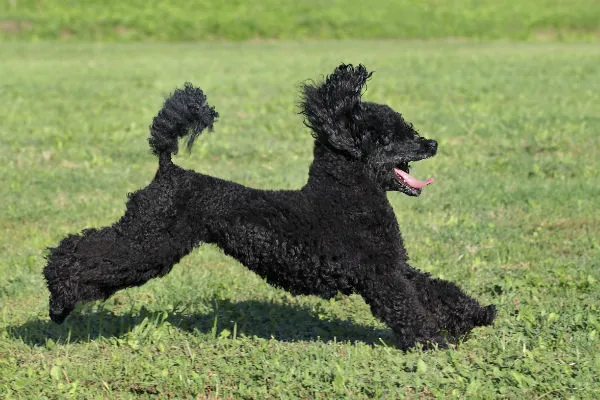 poodle
poodle
Poodles are perhaps the most well-known small dogs that don’t shed, and for good reason. They are considered non-shedding and hypoallergenic. Miniature and Toy Poodles offer these desirable traits in intelligent, petite packages. All Poodles are highly intelligent, making them easily trainable, and they possess an active and proud demeanor. Regular grooming is necessary to maintain their curly coats.
Scottish Terrier
The Scottish Terrier, or “Scottie,” is a bold and confident terrier breed with a significant personality. Their wiry, weather-resistant coat sheds very little, though regular brushing, grooming, and occasional hand-stripping are recommended to maintain coat health and the breed’s distinctive outline. Scotties are intelligent and independent dogs with a strong prey drive, requiring careful supervision around smaller animals.
Shih Tzu
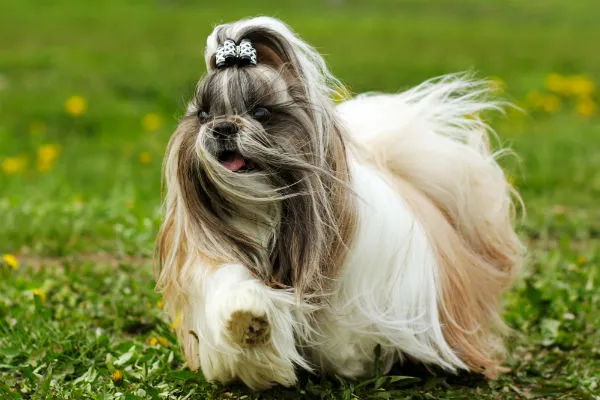 shitzhu
shitzhu
The Shih Tzu boasts a long and noble pedigree, having been a favored house pet of royalty. These “little lion dogs” come in a variety of colors and patterns. Their long, silky hair is very low-shedding and looks particularly regal when brushed out, befitting their royal heritage. This sturdy and lively toy breed carries itself with an air of pride, often described as arrogant, due to their held heads and curled tails. Bred primarily as house pets, their gentle and trusting nature makes them exceptional companions.
West Highland White Terrier
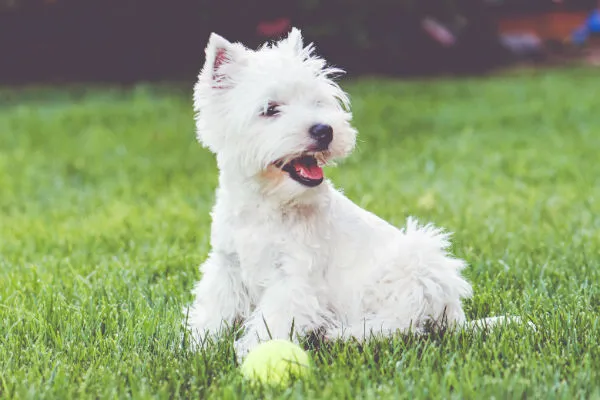 west highland terrier
west highland terrier
The West Highland White Terrier, affectionately known as the “Westie,” has a coarse, white coat that sheds very little. This sturdy little dog is intelligent, loyal, happy, and endlessly entertaining. They are curious dogs with moderate energy levels and an independent streak common to terriers, which can sometimes make training a bit of a challenge.
Xoloitzcuintli
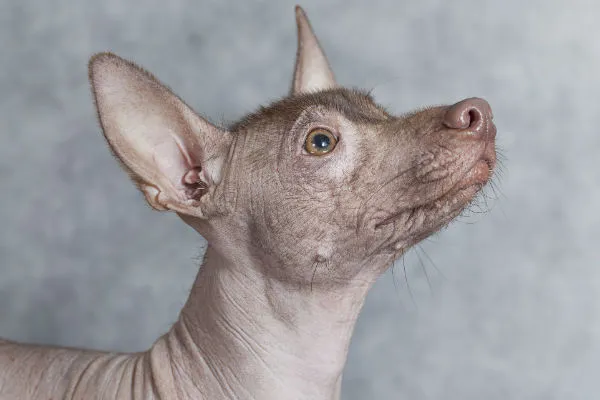 xolo
xolo
Also recognized as the Mexican Hairless dog, the Xoloitzcuintli is an ancient and rare breed that can be found in hairless or coated varieties. The hairless type has minimal hair on its head, while the coated variety features a very short, fine coat that sheds minimally. Like other hairless breeds, Xolos require extra skin care to protect them from the elements. They make attentive watchdogs and affectionate companions, enjoying physical activities but also known for their tranquil presence at home.
Yorkshire Terrier
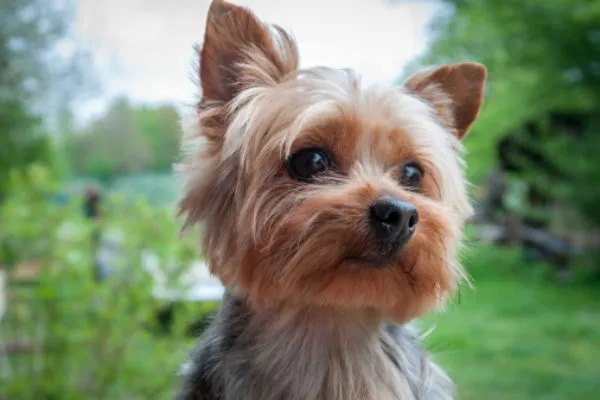 yorkie
yorkie
Sprightly, spirited, and affectionate, the Yorkshire Terrier, or “Yorkie,” is a toy breed brimming with personality. These spunky lap dogs are a highly popular choice for good reason. Yorkshire Terriers do not shed, and their silky coats are beautiful when brushed daily, a task made easier by their small size. Despite their elegant appearance, Yorkies have working-class roots, having once hunted rats. Today, they are just as content to be a loving companion on their owner’s lap.
Other Considerations for Low-Shedding Breeds
The terrier group, in particular, is a treasure trove of small dogs that shed minimally. Breeds with wiry or coarse coats often shed less than those with softer fur, making terriers an excellent category to explore for those seeking small, low-shedding dogs. Other terrier breeds known for their minimal shedding include the Border Terrier.
It’s important to remember that even breeds described as non-shedding or low-shedding require consistent grooming. Regular brushing, bathing, and professional grooming appointments are often necessary to maintain their coats and prevent skin issues. Thoroughly researching any breed you are considering will help ensure it aligns with your lifestyle and ability to commit to their specific care needs. When choosing a dog, always prioritize purchasing from a reliable breeder, providing a high-quality diet, and scheduling regular veterinary checkups to ensure your companion’s long-term health and well-being. For more information on finding suitable companions, consider resources on small to medium breed dogs that don’t shed.
